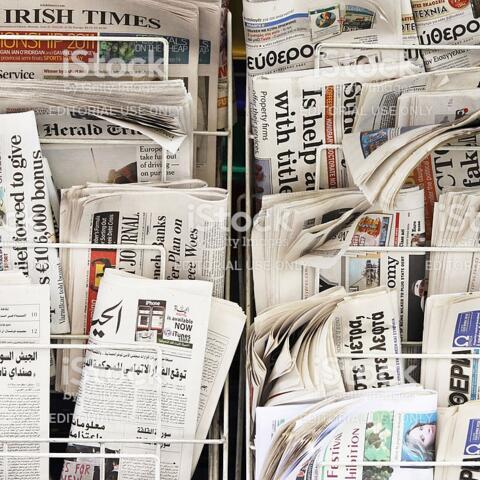Community radio serves Rohingya refugees in Cox’s Bazaar
Issued on:
Play - 10:09
A Bangladeshi community radio station is servicing the needs of Rohingya refugees in the coastal city of Cox's Bazaar. Radio Naf employs both Rohingyas and local Bangladeshis to produce content that helps refugees live in the camps. And in those where there is no radio reception, listener clubs play the broadcasts.

Radio Naf is a Bangladeshi community radio that started focusing on the needs of Rohingya refugees in August 2017, following the massive influx of people that poured into south-eastern Bangladesh, fleeing genocide in Myanmar.
There are now over a million Rohingya refugees in some 27 camps in Cox’s Bazaar.
There was a dire need to channel reliable information about life in refugee camps to the Rohingya in a language they could understand read by people they could relate to. They needed to know how to access food distribution, medicine, shelter, and other such basic information.
Listen to the interview here
“Community radio is a concept to develop programmes by the community, for the community and with the community,” says Mohammad Rashidul Hasan, Programme Coordinator of Radio Naf, who is also known as Mr Rashed.
Radio Naf, which has been around since 2011, uses Chittagonian dialect, understood by both the local Bangladeshi community and the Rohingyas to broadcast news and programmes to help the refugees.
The radio also employs both Rohingya and Bangladeshi journalists; it works with 35 volunteers with an additional 12 based in six Rohingya refugee camps.

Bringing the radio to the listeners
The various camps sprawled out in Cox’s Bazaar do not all catch radio reception, so Radio Naf set up 22 listener clubs where the programmes are broadcast to a mixed group of 20 men, women, youth and elderly people, who are then instructed to share the information with people in their household and neighbourhood.
There are also five information hubs in five different camps, which not only provide information about what is made available to the refugees but also take down their problems and complaints before channelling them to the appropriate organisation.
“If they have any complaints, like gender-based violence or something like that, we at once refer this to the camp management committee and sometimes to the relevant NGOs,” says Mr Rashed.
Aid for the Rohingya refugees come from all quarters: an array of NGOs, various United Nations organisations, the government of Bangladesh and so on but the refugees are not always aware of the kind of support made available for them. And this where Radio Naf fills in the gap.
“We [recently] relayed information from [UN children's fund] Unicef about cholera vaccination,” Mr Rashed reports.
Radio Naf produces programmes on an array of issues such as health, shelter, water and sanitation, food distribution, child protection.
Environmental education
Some of them aim to educate the refugees.
The massive arrival of Rohingyas in Cox’s Bazaar led to deforestation of the region. Programmes on the environment are designed to help the refugees understand the importance of preserving the environment and how to cook food without destroying the forest.
“There are a lot of children and the camps have no boundaries,” says Mr Rashed to outline some of the contents of programmes on child protection. "Children they go here and there. This is how they might get lost. Or they can be trafficked also. This is why every mother should keep [an] eye on the children and the children also should know where they can move in the camp."
Radio Naf uses various formats to broadcast its reports addressing the Rohingyas' concerns.
Radio drama is one of them and it is quite popular among listeners. In one play, the actors explain what to do in the eventuality of a cyclone – the region is prone to such disasters – as the shelters in the camps are often made of bamboos and tarpaulin.
From a small radio for the fishing community of Teknaf, Radio Naf has developed into a broadcaster/information vector for a population deeply affected by humanitarian disaster.
Follow Radio Naf 99.2 FM on Facebook
Follow Zeenat Hansrod on Twitter @zxnt
Sound editor: Alain Bleu
Daily newsletterReceive essential international news every morning
Subscribe